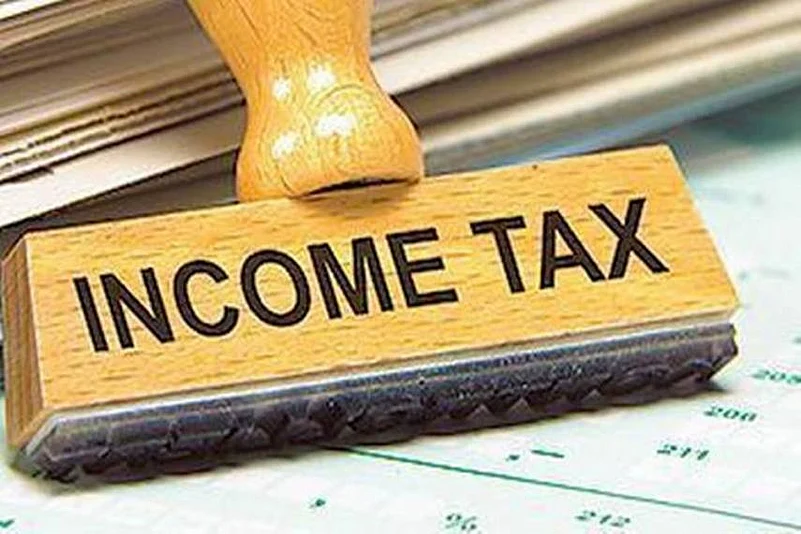Starting April 1, when the new financial year began, the government introduced a list of changes to the existing income tax rules.
Here are the 10 changes you must be aware of this financial year.
1] Tax on EPF: Where the employee’s contribution to the provident fund exceeds Rs 2.5 lakh in a financial year, the interest so earned on the excess contribution has been made taxable in the hands of the employee. This is for the first time that such a cap has been levied on Employees’ Provident Fund.
2] Tax on virtual digital assets: Income on crypto assets are to be taxed at a flat rate of 30 per cent.
A new term – virtual digital assets – has been inserted in the Income Tax Act, which includes cryptocurrencies, as well as non-fungible tokens for purposes of taxation.
3] Offsetting crypto losses: It will not be possible to offset losses incurred in the transfer of a virtual asset against the income earned from the sale of another virtual digital asset. This would also include gains from sale of any virtual tokens. Furthermore, tokens will be considered like any other capital assets, and thus, will attract capital gains tax.
4] Gifting crypto: The receiver as well as the sender will be liable to pay taxes on any cryptocurrency or virtual digital asset transferred in the form of a gift. They would be taxed under the same provision as gifts under the Income Tax Act.
5) Long-term capital gains tax: From April 1, the cap of 15 per cent surcharge on long-term capital gains, which previously existed only on capital gains from equities and mutual funds, has been extended to all long-term capital gains.
6] Deduction on homebuying: The additional income tax deduction of Rs 1.5 lakh under Section 80EEA of the Income Tax Act on house properties valued at less than Rs 45 lakh will not be available from April 1. Only those borrowers whose home loans have been sanctioned between April 1, 2019 and March 31, 2022 can avail themselves of this benefit of Rs 1.5 lakh under Section 80EEA of Income Tax Act.
7] Filing of updated I-T Return: A new provision will allow the taxpayer to file an updated Income Tax Return to include any missed or undisclosed income erroneously not included at the time of filing the Original Return. The time limit for filing such an update Return is two years from the end of the assessment year.
8] NPS contribution: State government employees can claim deduction up to 14 per cent of their basis salary and dearness allowance for contributions to the National Pension Scheme (NPS). Previously, this limit was 10 per cent.
9) Covid-19 treatment: Any amount received by any person towards expenses incurred on the treatment of Covid-19 will not come under the purview of income tax. The money received by the family members on the death of a person to Covid-19 will be exempt up to a limit of Rs 10 lakh.
10) Life policy with disabled as nominee: The parent or guardian of a disabled child can claim for deduction from his/her gross total income if he/she buys a life insurance policy where the disabled child is the beneficiary of that policy.
























.png?w=200&auto=format%2Ccompress&fit=max)






